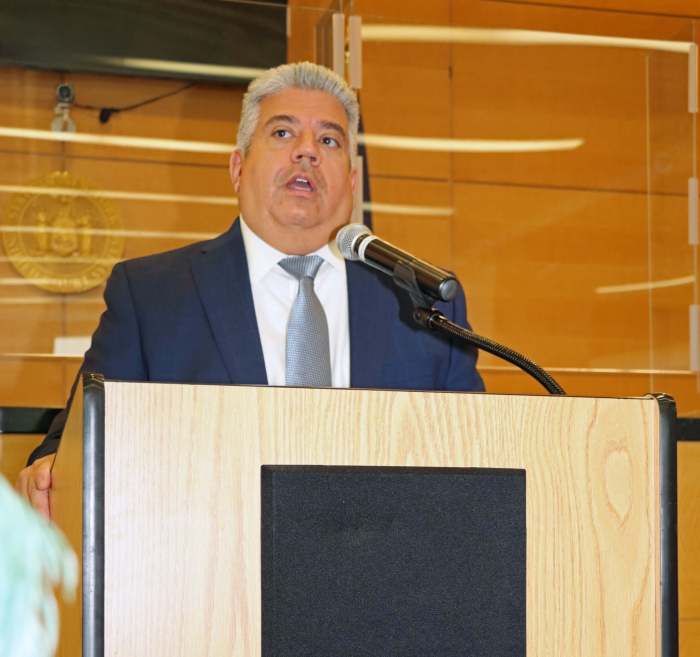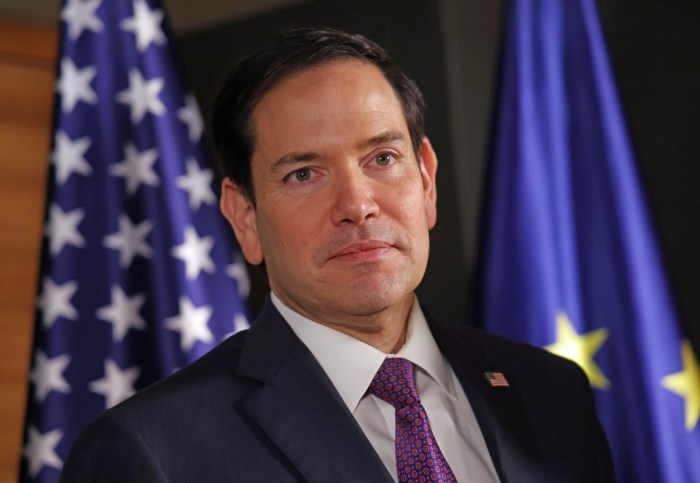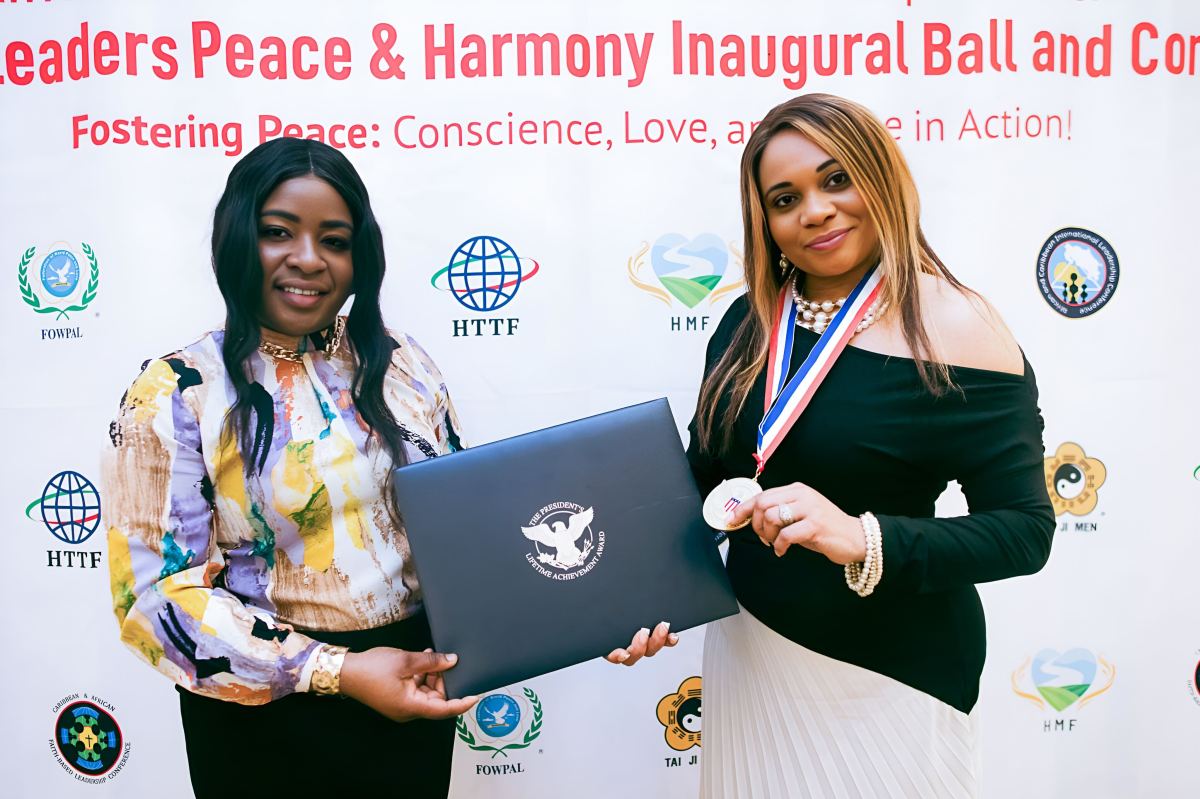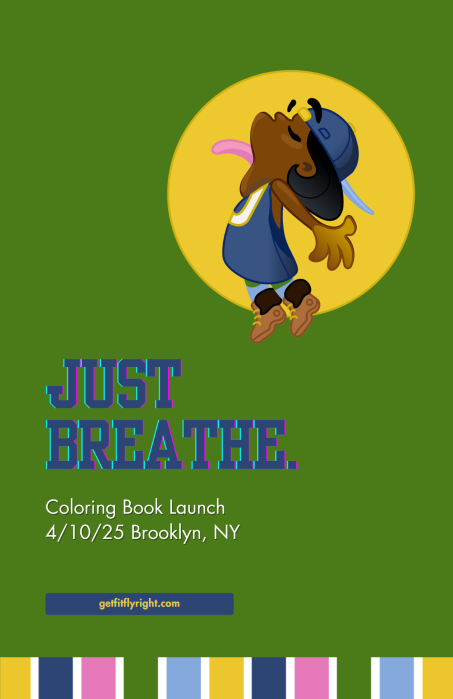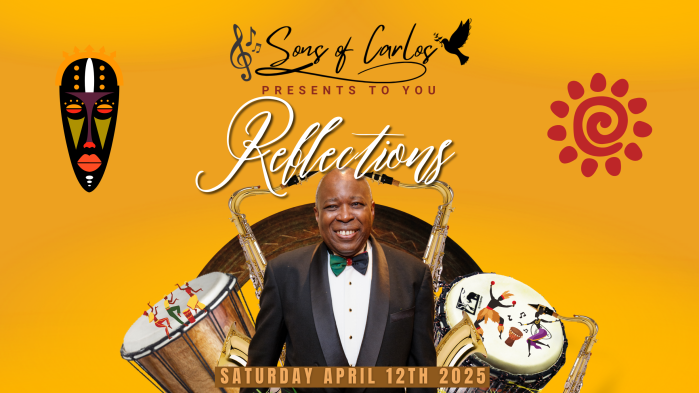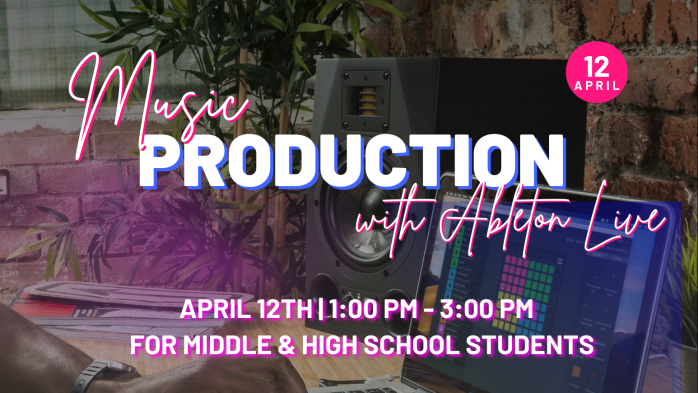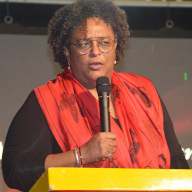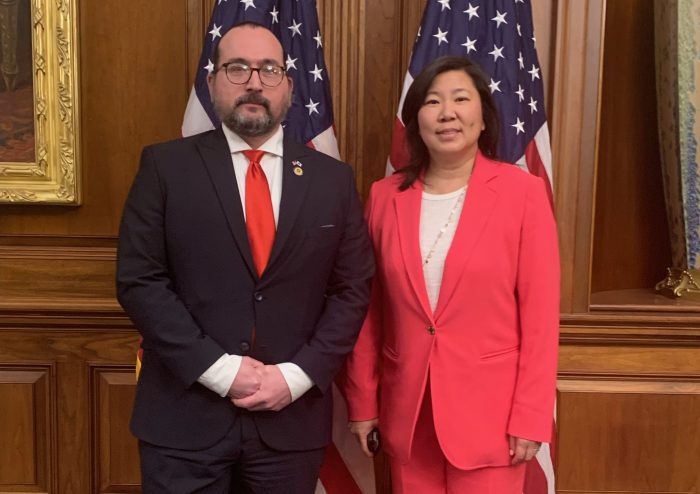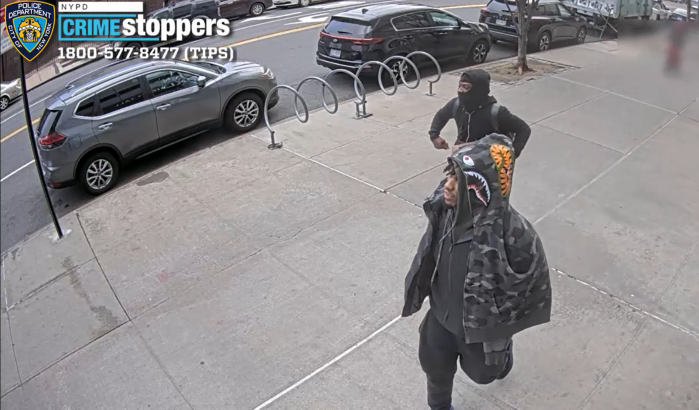Lunch hour at the Queens College cafeteria has changed. It is still a meeting place for students to relax, socialize, and eat lunch with friends. But instead of hanging out with friends of the same ethnic or religious backgrounds, some students are having lunch with others whose perspectives, values and philosophies may be contrary to their own.
These students are participating in Lunchtime 2.0., a new initiative supported by the Center for Ethnic, Racial and Religious Understanding (CERRU), which is generating a lot of excitement among students. (Just as Web 2.0 seeks to increase interconnectedness between people in cyberspace, Lunchtime 2.0 aims to do the same in physical space). Lunchtime 2.0 is particularly relevant in a diverse environment like QC where students come from over 170 nations and speak scores of languages.
Directed by QC History Professor Mark Rosenblum, CERRU (qccenterforunderstanding.org) was established to combat intolerance, overcome stereotypes and promote understanding among groups with historic conflicts. Its goal is to “Change Our Community, One Conversation at a Time.”
On most Thursdays QC students are invited to spend 40 minutes over lunch conversing about meaningful issues with people they have never met before. Word about the project has been spread through Facebook, Twitter and CERRU mailing lists. A large Lunchtime 2.0 banner and prominent placement at the front of the dining hall have also attracted curious students.
“It’s a way of bringing students from different backgrounds together in a casual environment to talk about their values, concerns and hopes for the future,” says Steven Appel, assistant director and co-founder of CERRU, who conceived and worked for a year to develop Lunchtime 2.0. “The goal is to develop empathy and cross-cultural understanding between groups who are often invisible to one another.”
At these Thursday lunches, each participant is randomly paired and given the same questions to answer while his/her “partner” takes notes on cards. Then they switch roles. Questions include: What are your most important values? What make you feel guilty and why? What would you like to see happen in this country in the next 50 years? The cards are collected and the comments anonymously posted on Lunchtime 2.0’s Facebook page. Some students become so engaged they find it difficult to end their conversations.
Naaila Hassan, a Pakistani Muslim majoring in Political Science, is a case in point. During one of these lunch sessions, Hassan spent 45 minutes talking to Abisoop Dutta, a CERRU facilitator from India who is studying for a master’s degree in History, about their divergent perspectives on the 1947 partition of India. It turned out to be the beginning of a good friendship.
“Programs like this – especially in an environment as diverse as Queens College – are great in dispelling stereotypes about people and encouraging cross-cultural conversations,” says Hassan.
Appel feels this student-driven concept, which can easily be replicated, has potential beyond QC. If the program continues to grow, he plans to create a short manual for use by other colleges, high schools, and businesses.
“We shouldn’t underestimate the positive social transformations of these interpersonal experiences on our students…and on our country,” says Appel.



